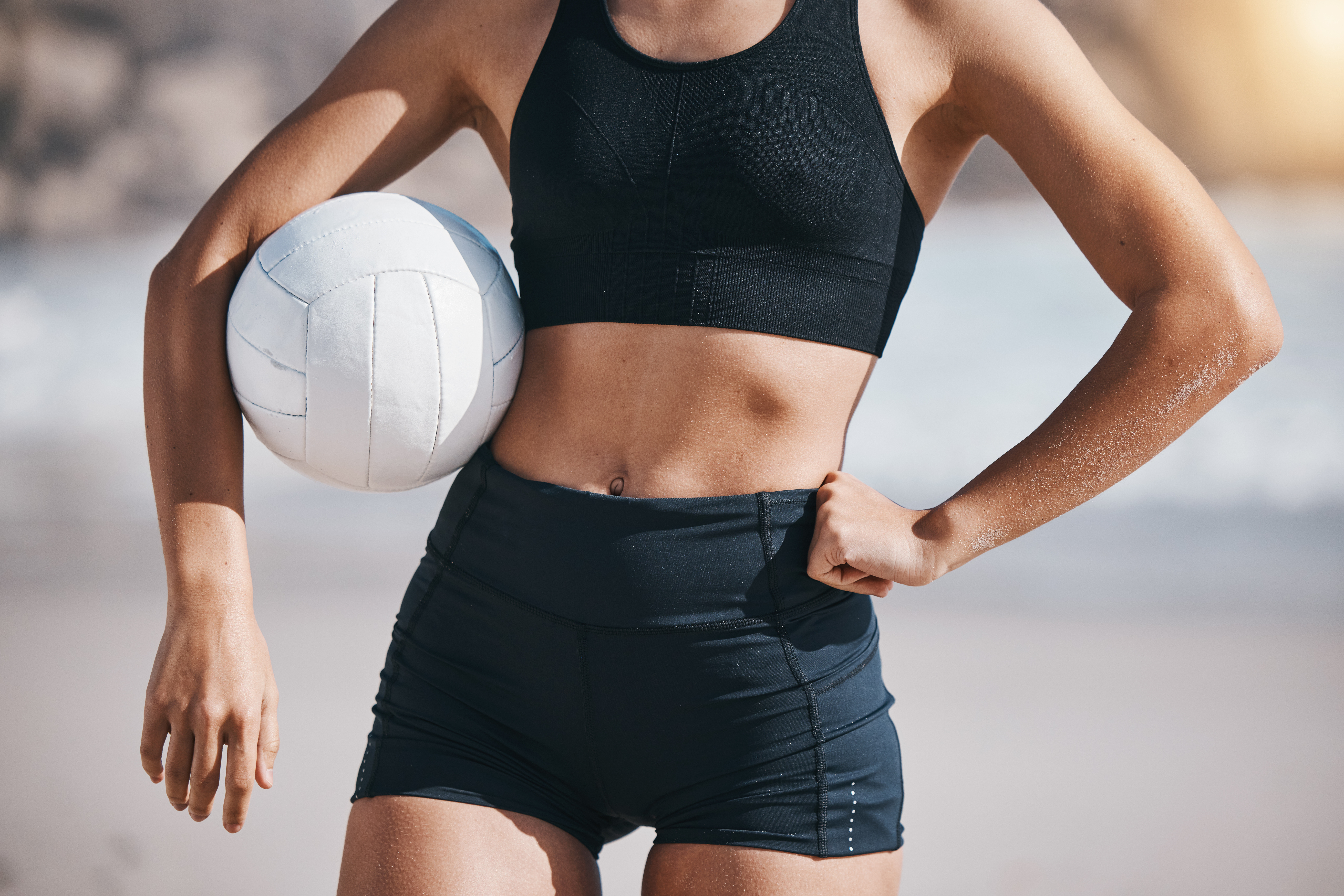As one of the most popular supplements out there, creatine seems to be all the rage in the world of sports and athletics. For most people, it may be just one more in the long list of available supplements – but, for many reasons, it is not. However, you may have wondered, as a casual user, just how much of the uproar is actually justified. So let’s hear a few THINGS YOU MAY HAVE ASKED YOURSELF ABOUT CREATINE.
YEAH, I KNOW IT’S «SCIENTIFICALLY BACKED»… BUT HOW MUCH SO, EXACTLY?
You have read it everywhere: creatine is one of the most scientifically backed supplements on the market. Considering its sheer global business volume – which crossed the 250-million-dollar mark in 2022 and is projected to reach 500 million by the end of the decade – one would expect that its market acceptance levels go hand in hand which the proper research that guarantees its safety for all users.
And yes – that is exactly the case. Scientific research and investigation on creatine over the past two decades offer crystal-clear and consistent evidence of its all-around safety of use and benefits, which include:
– Amplifying effects on resistance training for enhancing strength and performance.
– Benefits on high intensity intermittent speed training and recovery after training.
– Positive effects on aerobic endurance performance and muscle mass increase.
A more detailed compilation of the many scientifically backed positive effects of creatine in athletes can be found here and also here.

BUT THEN… WHERE ARE ALL THE NAYSAYERS COMING FROM?
Yes, you may have heard some negative ideas about creatine, but you can rest assured. Many of the most common question marks on creatine are related to misconceptions that emerge from old non-conclusive or non-replicated preliminary tests – when not plain misinformation.
For instance, contrary to what you may have read, creatine works both for men and for women — with some additional benefits for the latter, which we have already covered in this article. It is not the only misconception, though. Let’s see a few of the most prominent creatine myths which have already been long debunked:
effects on fat mass
Creatine supplementation has shown no negative effect on fat mass in adults in any of the studies that have researched a relationship between both variables. Indeed, scientific conclusions suggest that the combination of creatine and resistance training may boost fat mass loss.
WATER RETENTION
Research has shown no increases in total body water (intra or extracellular) after supplementation with creatine relative to muscle mass over longer periods of time.
KIDNEY AND RENAL DISFUNCTION
Over two decades of post-marketing surveillance clinical trials have offered no evidence of recommended doses of creatine supplementation negatively affecting kidneys in healthy individuals.
MUSCLE CRAMPING AND DEHYDRATION
Again, no such thing as scientific proof of creatine promoting dehydration in the body or muscle cramping has ever been offered. On the contrary, scientific research has suggested that creatine may indeed protect athletes from this condition.
ACNE AND HAIR LOSS
Random effects on body health have also been wrongly associated with the use of creatine. However, the current body of evidence does not indicate that supplementation increases total testosterone or causes hair loss/baldness. In the same way, it must be stressed that creatine is not a steroid but a naturally produced amino acid, which makes it completely unrelated to the appearance of acne.
These are just a handful of the most popular myths associated with creatine. If you wish to read further about them, you can check out this article, as well as this one.

FAIR ENOUGH, BUT I’M NOT A RESISTANCE ATHLETE. WOULD IT WORK FOR ME?
Definitely! You do not need to be a professional athlete – or even a regular sportsperson – to include creatine supplementation in your diet and directly benefit from it. Creatine has several scientifically proven advantages for your health which are not directly related to high intensity training.
For instance, creatine has shown to have antioxidant properties that reduce the levels of oxidative stress in your body and may eventually lower the chances of suffering a heart condition.
Similarly, science indicates that creatine supplementation may help people with diabetes manage their glucose tolerance and insulin sensitivity, as well as a positive impact in rehabilitation following musculoskeletal injury, and potential anti-depressant effects.
Furthermore, other studies have showed that creatine may positively influence cognitive function in adults, improve bone health and mineral density in older populations, and protect against sarcopenia.
If you wish to combine your daily lifestyle with specific nutritional routines, you may also want to know that creatine supplementation is perfectly compatible with some of the most popular diets – including vegan and vegetarian diets, paleo-diet, intermittent fasting, ketogenic diet, and mediterranean diet. You can learn more about these compatibilities in this article.
As you can see, there are so many ways in which creatine supplementation can benefit your body even if you are not too keen on hard training or intense exercise. Sure, creatine effects fully blossom when combined with resistance training, but it is not mandatory. If you wish to have further information about the multiple benefits of creatine if you are not an athlete, you can click here and here.

so what if i want to become one in the future?
If your mid/long term aim is to become an athlete or start high intensity training, you just knocked on the right door. One of the main perks of creatine is that the reach of its benefits involves a wide array of routines, which will cover you whatever the nature of your training is.
For instance, weightlifters require high levels of ATP energy since they are often short in duration and performed at a very high intensity. Creatine promotes intense lifting by keeping ATP system running and buffers the development of lactic acid allowing for a more enduring workout.
Moreover, creatine helps endurance athletes – for sports such as long-distance running, cycling, cross-country skiing, triathlon and long-course swimming – by restoring cell health after intense performance.
In the case of intermittent high-intensity sports – like soccer, tennis, basketball or rugby — it has shown to improve performance of measures like repeated sprint speed and jump height.
Furthermore, creatine also improves athletic performance by increasing lactate threshold, thus helping maintain a higher pace without fatigue symptoms. It also increases muscle glycogen stores, boosting performance and reducing recovery times.
As you can see, creatine can be of invaluable aid if you wish to push your exercise training further. Feel free to learn more about the benefits of creatine for athletes right here.

FINE, I’M IN! HOW SHOULD I START TAKING IT?
Since creatine does not require a loading phase, the recommended dose is 3-5 grams a day of creatine supplementation that contains both creatine monohydrate and phosphocreatine — about which you can learn more here.
Generally speaking, creatine intake is just as good pre-workout or post-workout in powder form. It is recommended to be taken every day and it can be mixed with several other products, including water, milk, and juice. You can have read more detailed information about creatine intake in this article.
You can try Clonapure®, which is manufactured in a GMP site, with its purity and quality continuously verified through (HPCL) testing. If you wish to try Clonapure®, you can try this link.








